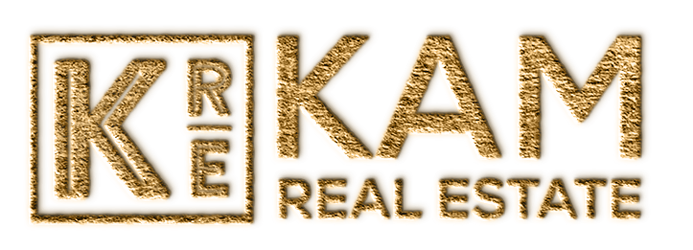Next Step: Get Pre-Approved
Pre-approval is the difference between you getting the home you love or losing it to someone who’s got their finance secured (even if they offer less). In fact, many realtors and sellers won’t even show a home if you haven’t got pre-approval, so once you know what you’re looking for, this is your next step.
A mortgage pre-approval is when a bank promises you that they’ll lend you money when you put in an offer on a property, provided certain requirements are met. A pre-approval will also include a pre-approved interest rate, so you’ll have a good idea of how much your monthly bills will be.
Here are some benefits of being pre-approved for a mortgage:
- It’ll make you a more attractive buyer. If two buyers put in a similar offer on a home and only one has been pre-approved for a mortgage, the seller is far more likely to go with those with pre-approval.
- If a buyer is looking for a quick sale, they’ll take an offer from someone with pre-approval over an offer from someone without pre-approval, even if the offer is for significantly more money.
- It will likely help you close quicker. It takes an average of 50 days to close on a property, with mortgage approvals causing most of the delay. If you already have your pre-approval, you can speed up the process and avoid unnecessary hold-ups.
- It gives you more room to negotiate. If a buyer is already qualified for the offer, the seller is more likely to compromise and negotiate because the sale is guaranteed.
Put Money Aside for Additional Expenses
It’s critical to be clear on what financial obligations await you before you begin your search, especially since mortgage companies will want to see that you’ve put that money aside. Here are some additional expenses that may await you once you’ve completed the sale of your home:
- Your realtor’s commission, which is typically calculated as a percentage of a sale price..
- The appraisal fee, which is paid when your lender asks you to conduct an appraisal of the home to verify its value.
- Surveying costs: if your seller can’t provide you with the property’s original survey, you may need to buy one yourself. You may want to get an independent survey so you know exactly what you’re buying.
- Interest adjustment: if your closing date falls on the same date as the start of your mortgage payments, you won’t need to worry about this. But if your closing date is in two months and you move into your new home in three weeks, you’ll need to cover the interest cost for that timespan.
- Lawyer’s fees and disbursements: these can vary from $600 to $2,500 or higher depending on the work involved and the solicitor you hired.
- The mortgage broker’s fee: this should be paid by your bank, but in some cases, you’ll be required to pay it.
- High-ratio mortgage insurance premium: if a mortgage accounts for over 80% of a property’s appraised value and purchase price or the down payment amount is below 20% of the purchase price or the appraised value, it will need to be insured so the lender’s security is protected.
- House insurance, of which some lenders may ask you for proof.
- Land Transfer Tax or “LTT”: the amount of the LTT will generally depend on the property’s sale price.
Make Sure Your Down Payment is Ready
Mortgage lenders won’t advance your property’s entire purchase price, so you’ll need a cash down payment. This figure usually equates to 10%, but recently the government has lowered this figure to 5% to give qualified first-time buyers a chance. Another temporary program lets first-time buyers put some money from their Registered Retirement Savings Plan (RRSP) towards their down payment.
It’s always a good idea to aim for a down payment of 20-25% because you’ll qualify for a conventional mortgage and avoid having to pay the mortgage insurance premium. The more money you can get together for your down payment, the more affordable your monthly payments will be.
Be Clear on Your Numbers and Affordability
Financial planning is vital if you want to make the most of your property purchase. Remember: just because you’re pre-approved to borrow up to a certain figure doesn’t mean you should borrow it all. Homeowners buying more expensive homes than they could afford was one of the major causes of the 2008 housing crisis and resulted in many families losing homes due to unsustainable mortgages.
As a general rule, avoid making big financial changes in the period between getting your mortgage pre-approval and buying a new home. Knowledge is power, and as long as you’re prepared for the costs and planning involved, you can manage your expectations and have a relatively stress-free purchasing experience.
If you carefully consider what you’re looking for and what position you’re in, you’ll be able to act quickly to get a home you’ll love. If you’re looking to move, [CTA to contact you].
